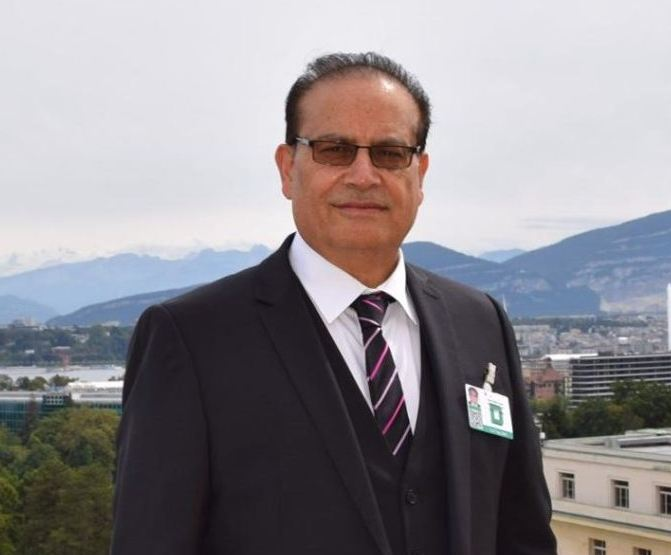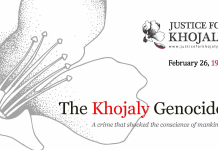By Qamar Bashir
On August 3, 2025, the Belgian Air Force conducted a humanitarian act that reverberated far beyond the skies of Gaza. In coordination with Jordan, Belgium airdropped 15 tonnes of urgently needed food and medical supplies to the besieged Palestinian territory, followed by another 16 tonnes the next day. This was not a routine delivery, nor a symbolic gesture wrapped in diplomatic language. It was a deliberate and defiant intervention into one of the most militarized and politically contentious airspaces on earth—controlled by Israel and monitored by the United States.
Until this moment, humanitarian aid into Gaza was often paralyzed by bureaucracy, stalled at Israeli-controlled checkpoints, or denied outright under the pretext of security. Belgium changed that narrative. Operating through Jordan’s logistical support but acting on its own sovereign judgment, it broke a decades-old deadlock. In doing so, it risked not only its aircraft but its diplomatic credibility, confronting two global powers that have maintained a tight grip over any movement into or out of the Palestinian enclave.
What followed was equally remarkable. Belgium’s courage ignited a wave of international solidarity. France soon launched its own airdrops, delivering more than 40 tonnes of supplies. Spain, Germany, and Italy committed to logistical and material support. Canada conducted its own airdrop, independently delivering 21,600 pounds of food and medical cargo. Jordan, Egypt, and the United Arab Emirates served as regional facilitators. The United Kingdom publicly announced its intention to follow suit, while Saudi Arabia began preparing for participation. In total, more than a dozen countries are either actively engaged in the operation or finalizing their plans.
Unlike previous gestures of concern, these acts are concrete. They do not depend on negotiated corridors or Israel’s discretionary approval. These are real packages of food and medicine dropped into a war zone without diplomatic clearance from Tel Aviv or Washington. They signal a moral awakening and a tectonic shift in how global powers respond to humanitarian crises under occupation.
For decades, Israel has claimed that unauthorized deliveries into Gaza violate its sovereignty. The United States has echoed that sentiment, shielding Israel from international accountability. But with Belgium and other European democracies taking independent action, that consensus is fracturing. The long-standing Israeli-American control over humanitarian access is being directly challenged—not with resolutions or rhetorical statements, but with aircraft and parachutes.
Even within the United States, signs of dissent are emerging. Public frustration is mounting as Americans question why their tax dollars fund weapons but not food. Congress, typically unified in approving military aid to Israel, is now confronted by images of European nations acting with the kind of moral clarity once associated with the U.S. itself.
The implications are profound. Once humanitarian aid becomes unstoppable, the siege itself becomes indefensible. As more nations bypass traditional channels and deliver relief directly, Israel’s blockade narrative loses legitimacy. Likewise, the United States finds itself increasingly isolated—continuing to defend an ally accused of systematic war crimes while its own reputation as a defender of international law continues to erode.
And yet, the most glaring absence remains the Islamic world.
While Muslim-majority nations have issued strong verbal condemnations and convened emergency meetings, few have matched Belgium’s direct action. It is a painful paradox that Christian-majority countries like Belgium, France, and Spain have taken the lead in delivering life-saving aid to starving Muslim civilians. Their planes reached Gaza’s skies before many Muslim leaders could even finalize their joint communiqués.
But it is not too late for the Muslim world to assert its relevance. A unified humanitarian airlift—coordinated among Türkiye, Pakistan, Indonesia, Malaysia, Qatar, and Egypt—could amplify the momentum initiated by Belgium. Simultaneously, Muslim countries could introduce targeted economic sanctions against both Israel and the United States until a ceasefire is implemented and the blockade is lifted.
The numbers are compelling. According to 2024 trade data, Muslim countries imported approximately $290 billion in goods and services from the United States and $23 billion from Israel. In return, they exported roughly $190 billion to the U.S. and $15 billion to Israel. That translates to a total bilateral trade volume of $480 billion with the United States and $38 billion with Israel. Even a partial embargo on strategic goods—oil, consumer products, or financial services—could produce seismic pressure. Reallocating trade toward nations supporting humanitarian initiatives would not only reward ethical diplomacy but also establish new global economic alliances rooted in justice.
Such measures could be complemented with preferential trade agreements. Belgium, for example, could be granted Most Favored Nation (MFN) status among Organization of Islamic Cooperation (OIC) member states. Similar incentives could be offered to France, Spain, and any country demonstrating moral courage in the face of international inertia.
What Belgium has demonstrated is that one does not need to be a superpower to be a leader. By defying silence and cowardice, it reminded the world that aid does not require authorization when people are starving. It showed that neutrality in the face of oppression is complicity. And most importantly, it proved that humanity can still pierce through the clouds of political paralysis.
The West may label its ongoing military support to Israel as strategy, but history will remember it as sanctioned cruelty. No child dying from hunger is a combatant. No woman in a bombed-out hospital is a threat to national security. The slow starvation of civilians is not collateral damage—it is deliberate and systematic.
In a moment where domination has become policy, Belgium chose dignity. In skies long filled with drones, it dropped bread. In an arena shaped by fear, it delivered courage.
The time for statements is over. The time for action is now. History will ask: who came when Gaza starved? And Belgium will answer: we did.
Press Secretary to the President (Rtd)
Former Press Minister, Embassy of Pakistan to France
Former MD, SRBC | Macomb, Michigan, USA

















